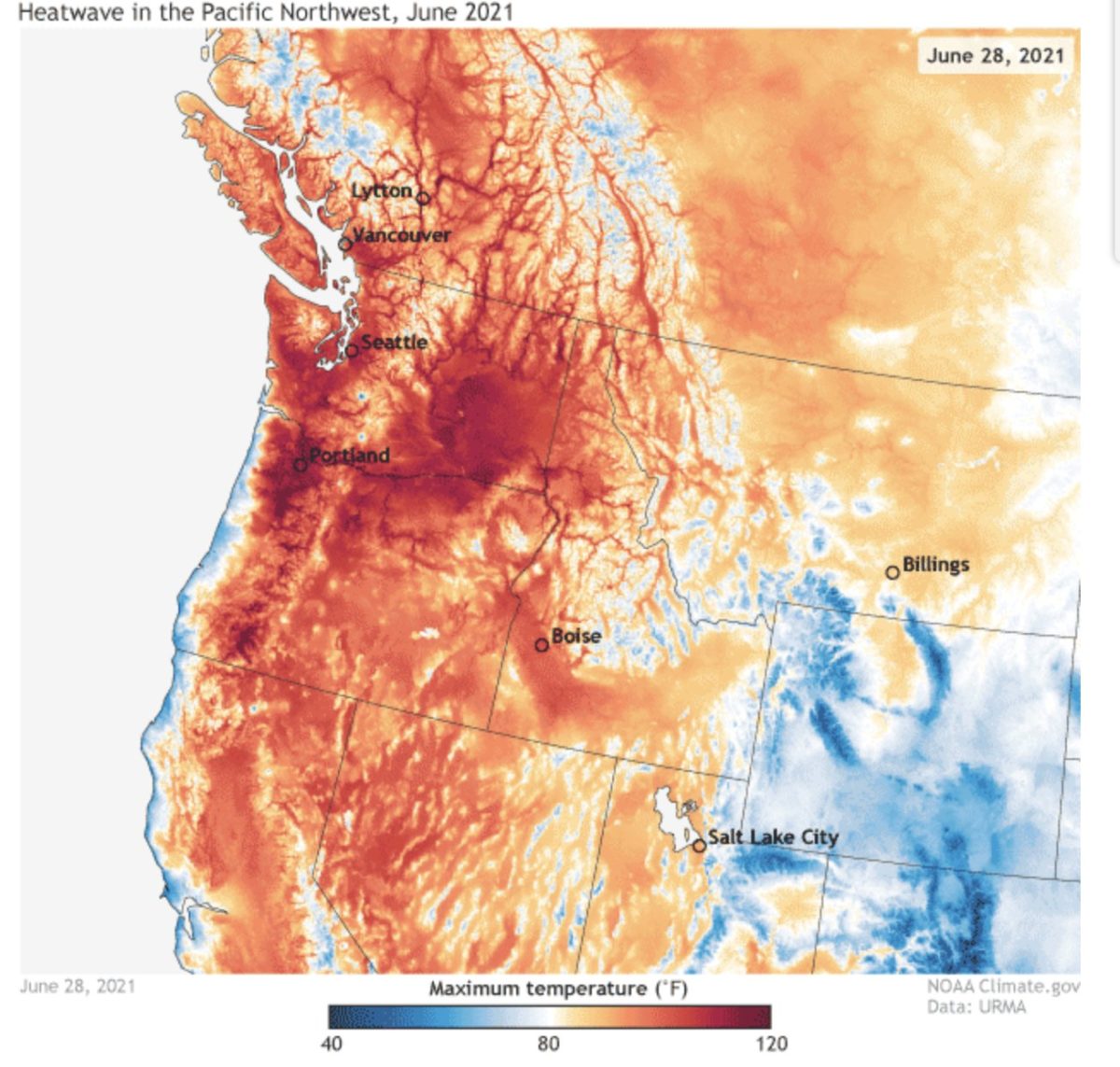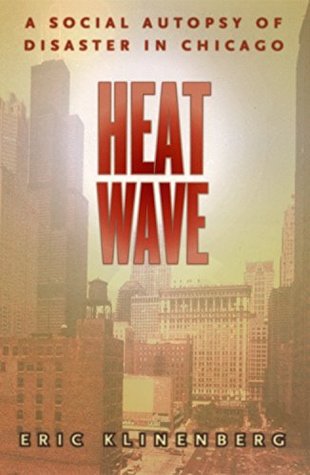
For the week of July 11, 2021:
All-time temperature records melted. The B.C. Ambulance Service reached a breaking point. Hundreds died. 
The late June heat wave that sizzled Oregon, Washington and British Columbia is likely to go down as the biggest, non-disease public health tragedy in the region’s history.
It didn’t have to be.
Meteorologists “nailed this event,” said University of Washington atmospheric sciences Prof. Cliff Mass. But the emergency coordination and communication failed.
“One of the great protections against environmental dangers is excellent forecasting and governments have to learn how to use it,” said Mass, a guest on this week’s edition of theBreaker.news podcast with host Bob Mackin.
Mass said the region has warmed by 1 degree Celsius over the last 50 years. But, in the aftermath of the region’s rare, extreme heat dome, politicians, activists and even some in the media exaggerated the role of climate change as a “political tool.”
“If you blame everything on global warming and fossil fuels, then you don’t do what’s needed to save and protect the population,” Mass said.
Why didn’t Dr. Bonnie Henry declare a public health emergency? Why didn’t B.C. learn from its deadly July 2009 heat wave or the even worse one that hit Chicago in July 1995?
 Hear clips of Premier John Horgan and New York University sociologist Eric Klinenberg, author of Heat Wave: A Social Autopsy of Disaster in Chicago.
Hear clips of Premier John Horgan and New York University sociologist Eric Klinenberg, author of Heat Wave: A Social Autopsy of Disaster in Chicago.
In a 2016 talk, Klinenberg recounted the political apathy and blundering that led to the 739 heat-related deaths in the Windy City.
“Once you recognize that the heat is dangerous, you just have to immerse someone in an air conditioned environment or in water and they will survive,” Klinenberg said. “And hundreds of people did not get the personal attention and the refrigeration until after they died.”
CLICK BELOW to listen or go to TuneIn or Apple Podcasts.
Have you missed an edition of theBreaker.news Podcast? Go to the archive.
Support theBreaker.news for as low as $2 a month on Patreon. Find out how. Click here.












